At least 96 people have been killed and over 1,000 injured in clashes between protesters, who have been joined by other groups over time, and police and ruling party activists. This escalation occurred one day after the Anti-Discrimination Student Movement, which has been advocating for quota reforms in government jobs, shifted its focus to a single demand: the resignation of the government. This change was spurred by the unprecedented killings of protesters in July by government forces, including law enforcers and the ruling party's student front.
Reports reaching the UNB news desk throughout Sunday indicated fatalities in various locations: nine each in Dhaka and Feni, six each in Sylhet and Narsingdi, twenty-three in Sirajganj, eight in Laxmipur, five in Bogura, four in Rangpur, three each in Magura, Pabna, Cumilla, Kishoreganj, and Munshiganj, two each in Joypurhat and Sherpur, and one each in Gazipur, Cox's Bazar, Bhola, Habiganj, Savar, Keraniganj, and Barishal. Over 1,000 people were injured, many from bullet wounds.
In Dhaka, at least seven people died and over 250 were injured in the clashes. Among the deceased were Tawhidul, 22, Obaidullah Siddique, 23, a student of Habibullah Bahar College, and Ramijuddon Habib Rup, a student of Daffodil University. Their bodies were kept at Dhaka Medical College Hospital.
Miscreants also attacked the Dhaka Chief Metropolitan Magistrate court in the morning. In Narsingdi, six Awami League leaders and activists were beaten to death by protesters when they opened fire on the protesters in Madhabdi upazila. Numerous vehicles, Awami League offices, police stations, and other establishments were vandalized and set on fire in different parts of the country, including Chapainawabganj and Barishal.
Students and general people began demonstrations in the morning, showing solidarity with the Anti-Discrimination Student Movement’s call for the resignation of the Sheikh Hasina-led government. The movement also announced a non-cooperation campaign from a massive rally on Saturday, leading to poor traffic and the closure of shopping malls and shops.
Violence erupted when ruling Awami League activists and affiliates took to the streets to counter the protesters. Witnesses, correspondents, and photographers reported that police used tear gas and sound grenades to disperse the protesters in many places, resulting in violent clashes that left many, including students, dead and injured. Vandalism and arson attacks were reported in various parts of the country, including Dhaka, Chattogram, Dinajpur, Sylhet, Khulna, and Kushtia.
In response to the escalating violence, the government imposed an indefinite curfew starting at 6pm on Sunday in the capital and other parts of the country, including Dhaka Metropolitan area, all divisional headquarters, city corporations, municipalities, industrial areas, district and upazila headquarters. Additionally, the government announced a three-day general holiday for Monday, Tuesday, and Wednesday amid the violence.
The High Court (HC) dismissed a writ petition seeking an order to prevent police from shooting protesters but made several observations. The HC bench of Justice Mustafa Zaman Islam and Justice SM Masud Hossain Dolon emphasized the right of all citizens to participate in peaceful assemblies and directed the police to strictly follow the Police Regulations of Bengal (PRB).



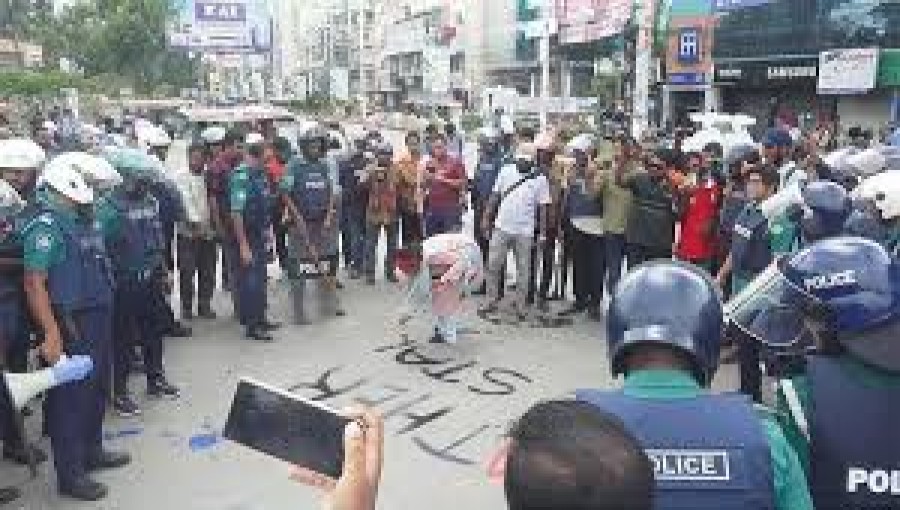
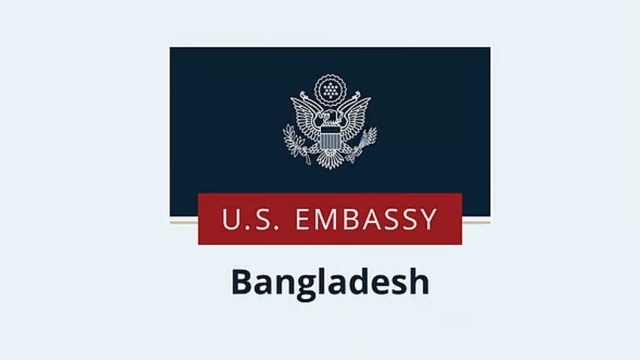
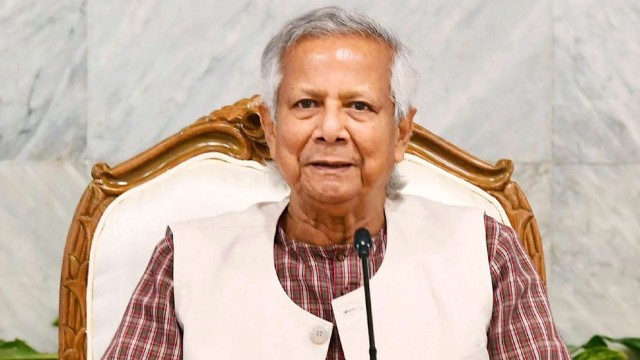
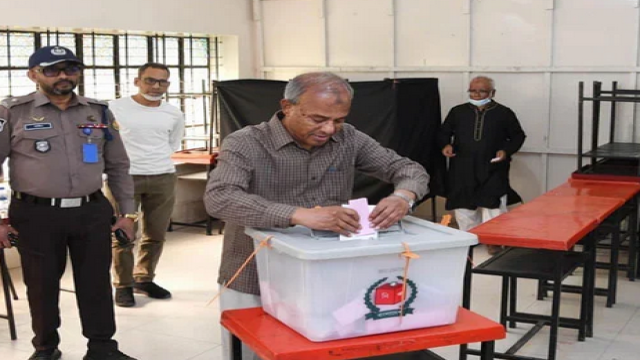
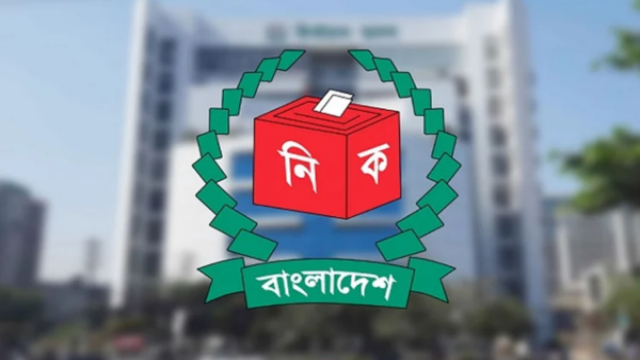
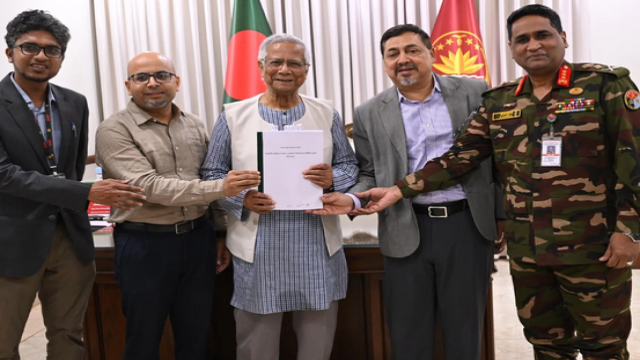
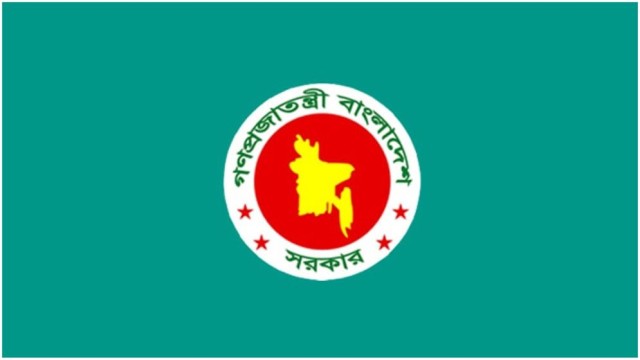
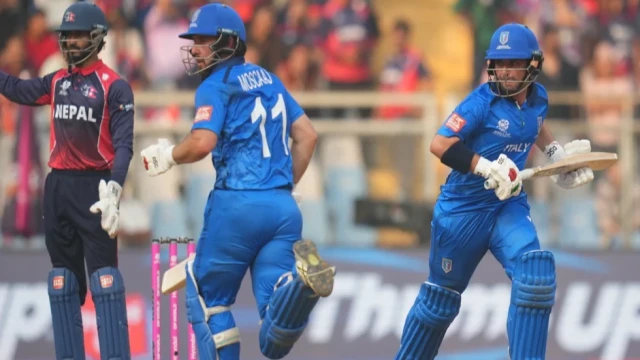
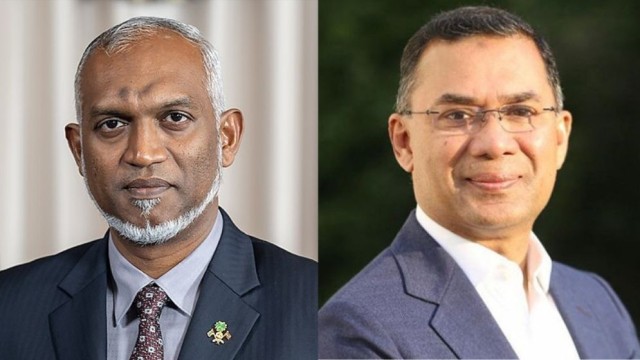
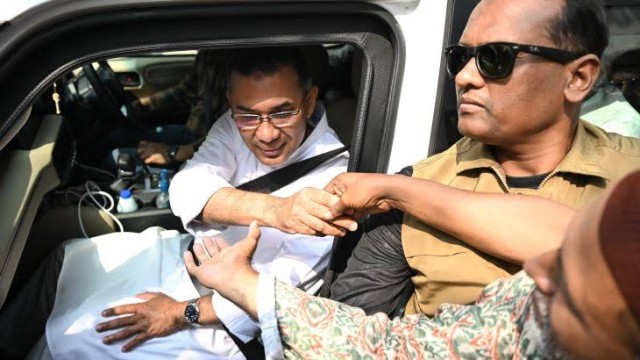
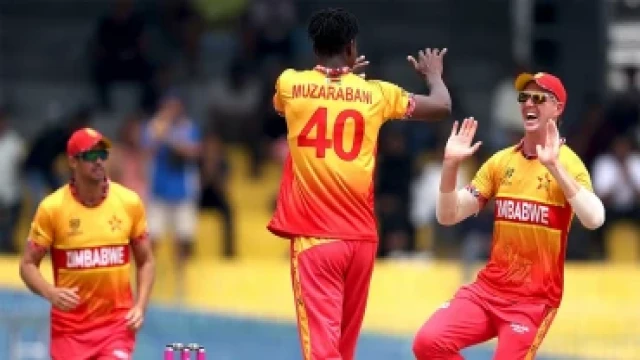

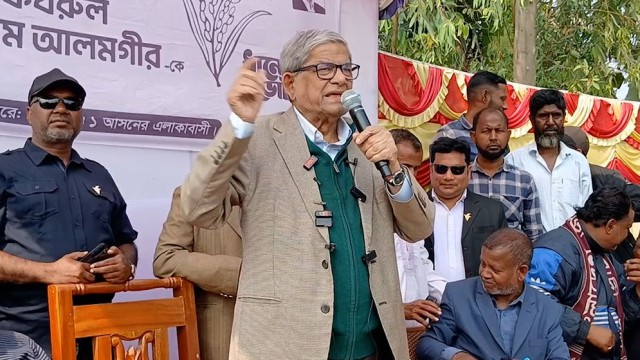
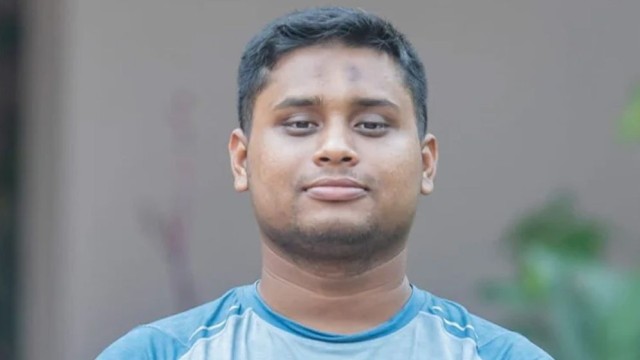














Comment: